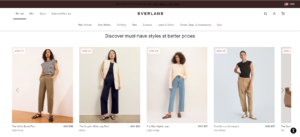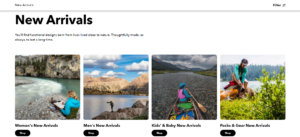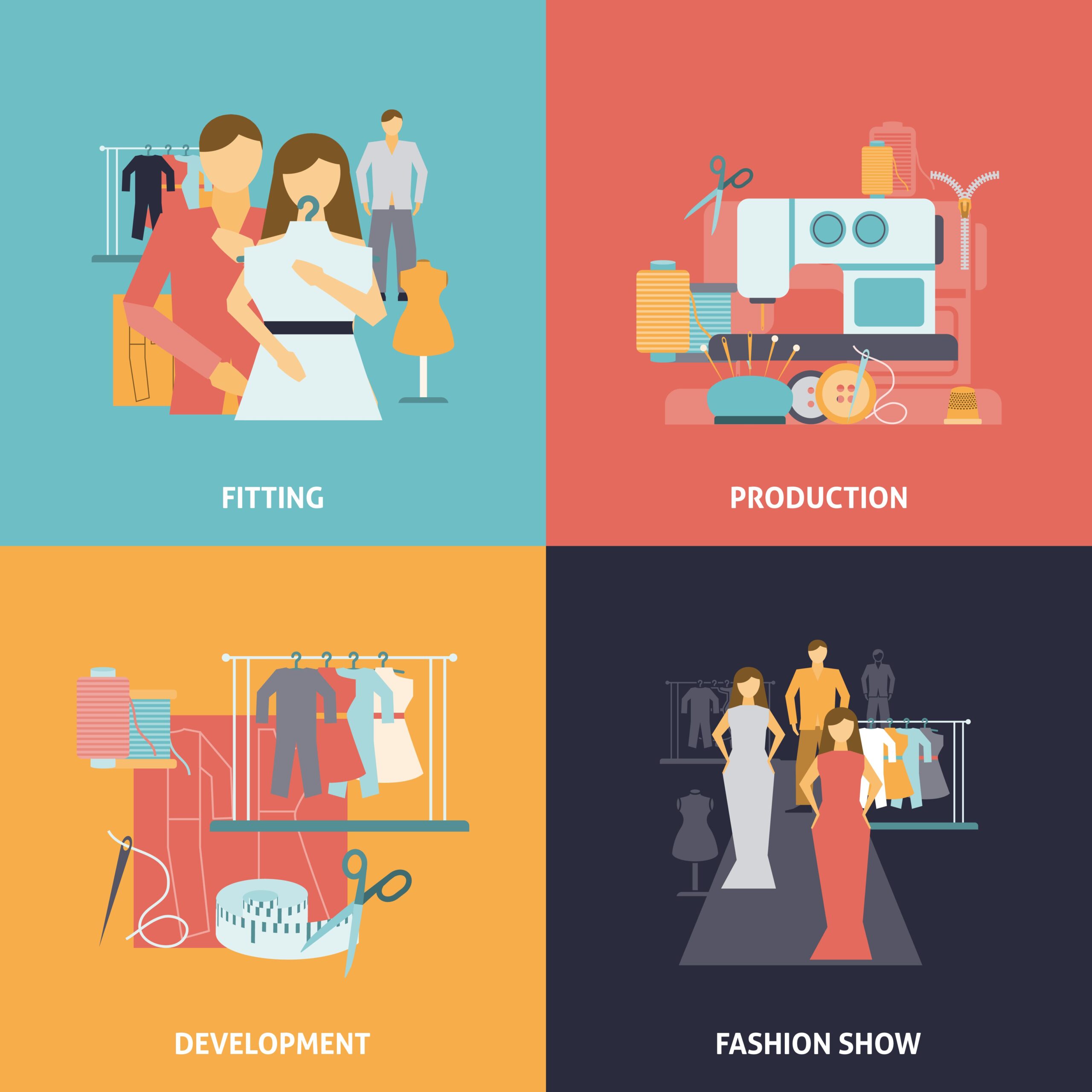Contents
Initial Overview
You’re already feeling the excitement because you have a brilliant idea for a clothing line. Maybe it’s a line of graphic tees that capture the zeitgeist, or a collection of activewear designed for maximum comfort and style. You’ve poured your heart and soul into the designs, the brand story, and the perfect logo. But then comes the hurdle that trips up many a budding fashion entrepreneur: finding the right clothing manufacturer to bring your vision to life.
This isn’t just about aesthetics; it’s about quality, ethics, and building a sustainable brand. A 2022 survey by McKinsey & Company found that 70% of global fashion consumers are now willing to pay a premium for eco-friendly clothing and accessories. Partnering with the wrong manufacturer can be a recipe for disaster, resulting in subpar products, ethical concerns, and a damaged reputation before you even get off the ground.
But fear not, fellow fashion dreamer! This guide will be your roadmap to navigating the world of clothing manufacturers for startups. We’ll explore different manufacturing models, delve into often-overlooked aspects like minimum order quantities (MOQs) and ethical considerations, and share a real-world success story to inspire you.
From Humble Beginnings to Global Phenomenon: The Everlane Example

Everlane is a shining example of a startup that thrived thanks to a thoughtful approach to manufacturing. Founded in 2010 with a mission of radical transparency, Everlane prioritized ethical sourcing and production from the get-go. They built relationships with factories that met their high standards for worker treatment and environmental impact. This resonated with a growing segment of eco-conscious consumers, propelling Everlane to a valuation of over $1.5 billion in 2019 [Source: Forbes]. Their story highlights the power of aligning manufacturing practices with your brand values.
Finding Your Perfect Fit: A Look at Different Manufacturing Models
Now, let’s delve into the various manufacturing models available to startups. These are three prevalent ones:
- Cut-and-sew: This traditional method involves sourcing fabric, creating patterns, and assembling the garment piece by piece. It offers the most control over quality and customization but typically comes with higher minimum order quantities (MOQs).
- Print-on-demand (POD): This model allows you to upload your designs to a platform that handles printing, fulfillment, and shipping. POD is ideal for startups with limited capital or those testing the waters with new designs. However, customization options are limited, and profit margins can be lower.
- Private label: Here, you partner with an existing clothing line to produce garments with your own branding. This can be a good option for faster turnaround times and access to established production processes, but creative control is sacrificed.
Beyond the Basics: Considerations for the Savvy Startup

Image by storyset on Freepik
Here are some crucial factors to consider when choosing a clothing manufacturer that most blogs might not discuss:
- Minimum Order Quantities (MOQs): These are the minimum number of garments a factory requires per style or color. High MOQs can be a hurdle for startups with limited budgets. Look for manufacturers with lower MOQs or consider pre-order models to gauge demand before full production.
- Social and Environmental Responsibility: Research the factory’s labor practices and environmental impact. Certifications like Fair Trade or OEKO-TEX Standard 100 can provide some assurance.
- Communication and Transparency: Clear communication is key. Discuss turnaround times, quality control procedures, and any potential delays upfront.
The Road to Success Lies in Being Sustainable
Sustainability isn’t just a trend; it’s the future of fashion. Patagonia, a renowned outdoor apparel brand, exemplifies this perfectly. They’ve embraced recycled materials, implemented repair programs to extend garment life, and actively fight for environmental causes. This commitment has garnered them a fiercely loyal customer base and solidified their position as a sustainability leader [Source: Patagonia].

However, the road to sustainable fashion isn’t without its bumps. Brandy Melville, a fast-fashion retailer, faced backlash for its use of cheap materials and its labor practices. Consumers increasingly demand transparency and ethical production, and failing to meet these expectations can lead to a tarnished reputation [Source: BBC News].
Major Takeaways
This revised placement integrates sustainability seamlessly into the existing discussion about responsible manufacturing practices. It highlights the importance of considering environmental impact alongside social responsibility.
Building a Strong Partnership is Key
Remember, your clothing manufacturer is your partner in success. Invest time in building a strong relationship. Regular communication, clear expectations, and a willingness to work together on challenges will go a long way.
Conclusion
The world of clothing manufacturing for startups can seem daunting, but with careful research and the right partner, you can turn your dream into a thriving business. By prioritizing quality, ethics, and open communication, you’ll be well on your way to becoming the next Everlane. So, grab your sketches, get ready to do your research, and embark on this exciting journey from concept to closet!
Featured image by macrovector_official on Freepik
Today’s Happiness Story:
From Stress to Success: Our Decision to Keep Education Close to Home! 🏡


